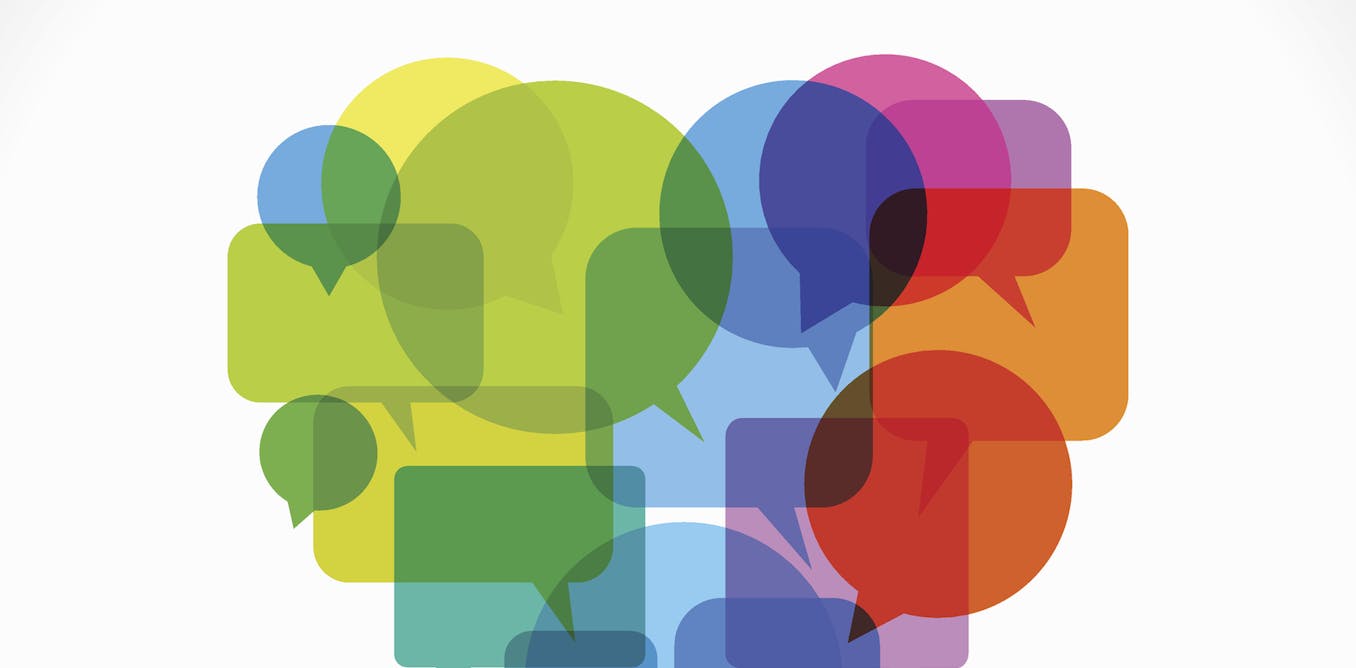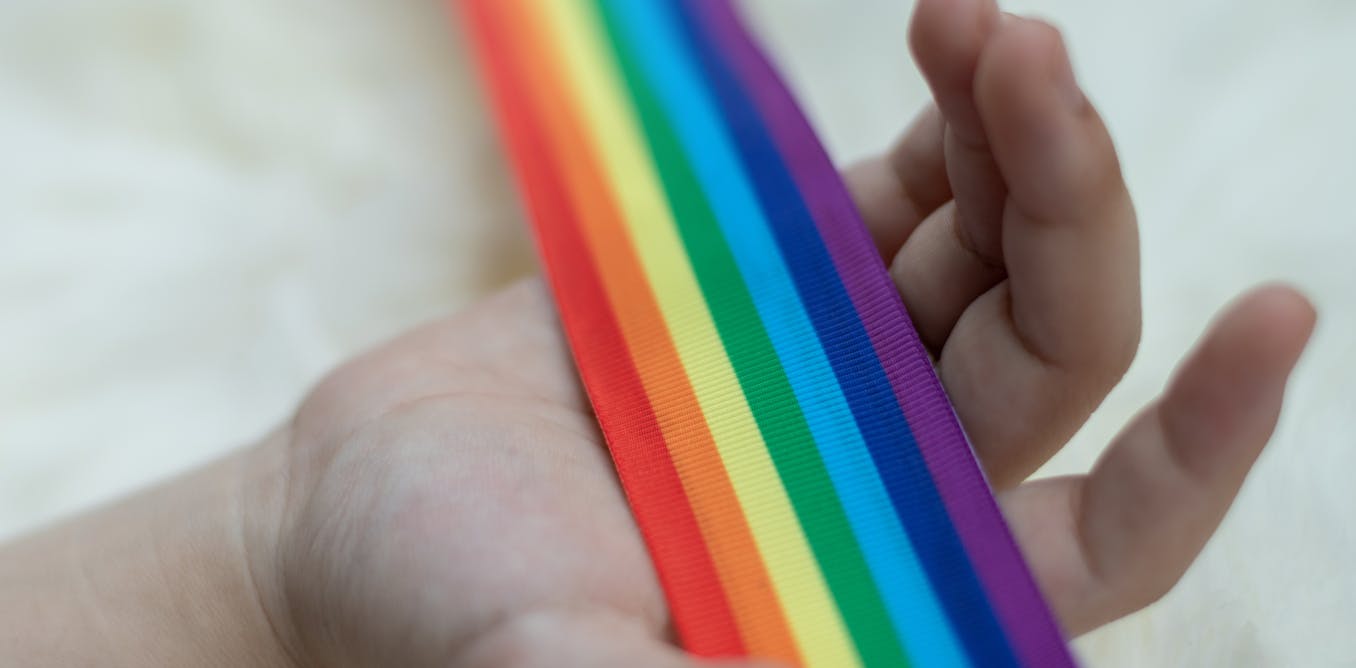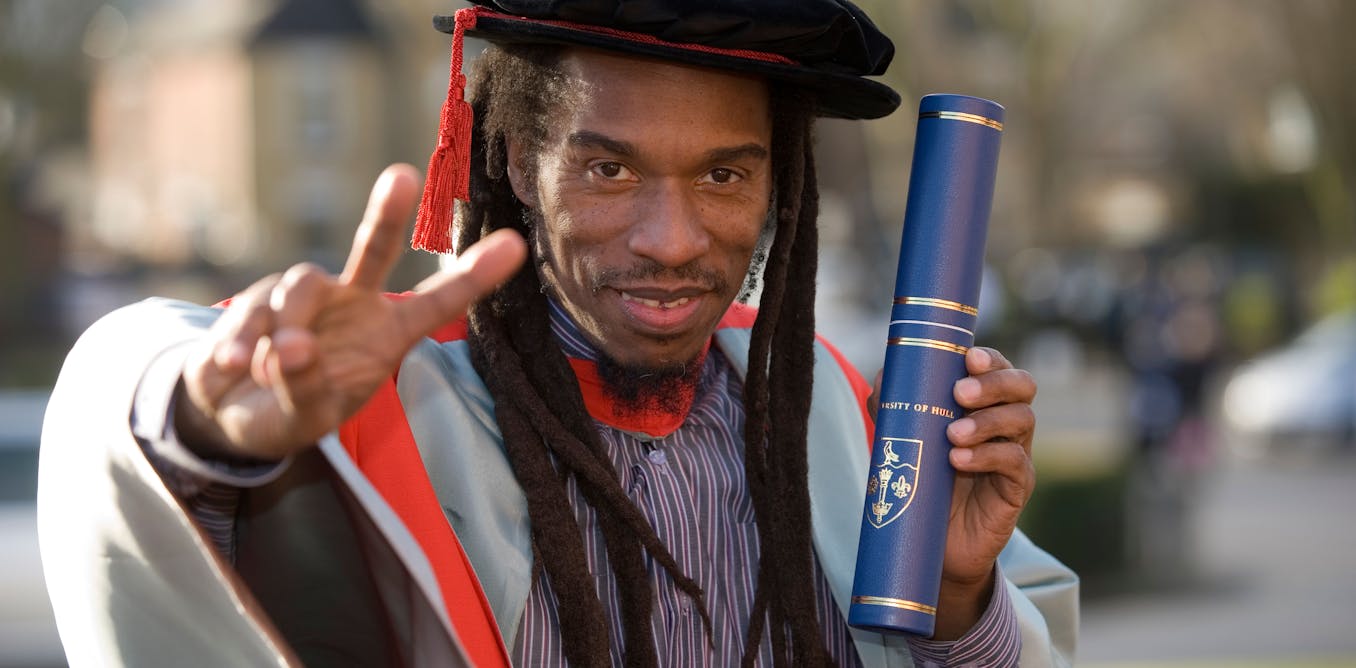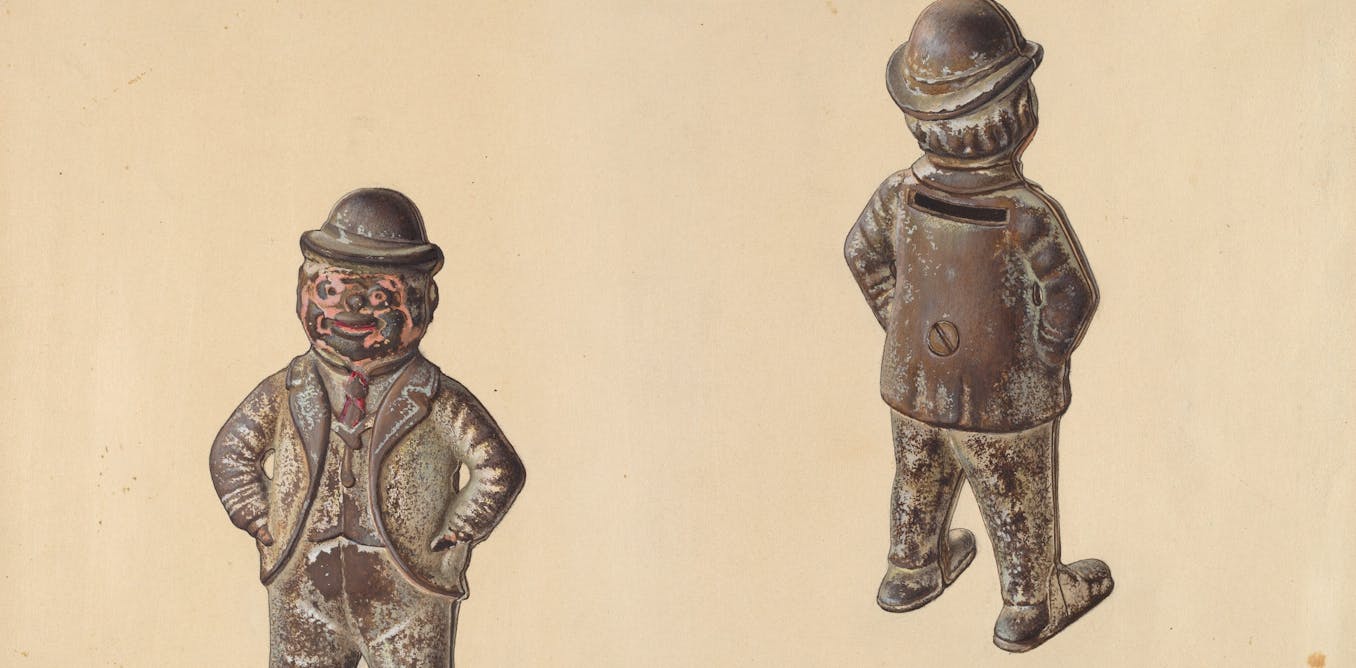How autistic and non-autistic people can understand each other better
Misunderstandings between autistic and neurotypical people often stem from mutual communication barriers.
The Conversation > Linguistics
Words such as racist slurs can literally hurt – here’s the science
Research has disproven the saying ‘sticks and stones may break my bones but names will never hurt me’.
The Conversation > Linguistics
The Singapore Stone’s carvings have been undeciphered for centuries – now we’re trying to crack the puzzle
Despite its name, this sandstone slab is not a simple stone. It was once part of a monument, an ancient epigraph measuring three by three metres carrying about 50 lines of text.
The Conversation > Linguistics
Diplomacy and resistance: how Dune shows us the power of language – including sign language
Although not a true sign language, the use of sign in Dune can still teach us a lesson about the value of sign language.
The Conversation > Linguistics
‘Bengali Cockney, Black Cockney, East End Cockney, Essex Cockney, Jewish Cockney, Sylheti Cockney’: why community languages matter
Tower Hamlets’ recognition of Cockney as a “community language” celebrates the role that all English dialects play in shaping individual and community identities.
The Conversation > Linguistics
Don’t blame parents for wanting their children to speak differently – blame society
‘Accentless’ spoken language is the language of the elite, of authority. It’s the version of the language that is used by the people who have traditionally held all the power.
The Conversation > Linguistics
Tea, weather and being on time: analysis of 100 million words reveals what Brits talk about most
‘Year’ and ‘time’ are the two most frequent nouns in British English.
The Conversation > Linguistics
Are you really in love? How expanding your love lexicon can change your relationships and how you see yourself
Words have power, and what vocabulary you have at your disposal to describe your relationships with other people can shape what directions those relationships can take.
The Conversation > Linguistics
How the tide turned on transgender support charity Mermaids
Research shows how the group once portrayed as a respected source of advice began to be seen by some outlets as a danger to young people.
The Conversation > Linguistics
'Thirst trap' and 'edgelord' were recently added to the dictionary – so why hasn't 'nibling' made the cut?
Pleasant-sounding words might have a leg up.
The Conversation > Linguistics
Rizz: I study the history of charisma – here's why the word of the year is misunderstood
An expert on rhetoric explains why ‘rizz’ may be more like charm than charisma.
The Conversation > Linguistics
Benjamin Zephaniah: how the poet's linguistic anarchy and abolitionist politics impacted education – and me
For many school children, Benjamin Zephaniah’s work will have been the first time they encountered published literature that talked about the things that mattered to them.
The Conversation > Linguistics
When research study materials don't speak their participants' language, data can get lost in translation
Translation involves more than just transferring words from one language to another. Better translations of study materials can improve both the diversity of study participants and research results.
The Conversation > Linguistics
Noam Chomsky turns 95: the social justice advocate paved the way for AI. Does it keep him up at night?
Could Chomsky have foreseen where his contributions would lead us?
The Conversation > Linguistics
Your mental dictionary is part of what makes you unique − here's how your brain stores and retrieves words
Most people can draw from tens of thousands of words in their memory within milliseconds. Studying this process can improve language disorder treatment and appreciation of the gift of communication.
The Conversation > Linguistics
Understanding all kinds of English accent can improve empathy and learning – and even be a matter of life and death
Accents are not inherently easy or difficult to comprehend. Rather, the lack of exposure people have to a variety of accents causes communication difficulties.
The Conversation > Linguistics

















